Circus and the body
Surpassing ideals
Smells Like Circus | March 2022
When you think of the circus, what comes to mind? Maybe images of freedom, of boundless opportunities and a nomadic life free of shackles. A place where all who don’t fit into the cultural norms of the times come together and celebrate their lives without judgment and exclusion - where they can practice and make a living from their craft, grow, explore, and live their lives to the fullest.
The entanglement of ‘circus’ with romantic ideals is a hard one to shake – for circus performers and admirers alike. These romantic ideals are carried over into contemporary circus arts and appear to inadvertently shape the relationship between the idea of the circus and the performer's body - a phenomenon we will be exploring in the present article.
For some context - with a booming population in 18th century Europe, the need for more goods and services arose along with the way power was structured and exercised (enforced). New ways of ‘control’ needed to be devised for the larger populations. Thus the invention of the “useful man” was born – the idea that it is important to employ bodies usefully and divide up their time and space in a utilitarian way. In other words, bodies were trained to govern themselves from within by internalizing these new notions of power.
“Discipline makes the strengths of the body increase (in terms of economic usefulness) and the same strengths decrease (in terms of political obedience)”
This training came in the form of repetition and disciplining of the body through constant exercise, observation, supervision and therapy. As Lievans states “the aim is always to increase the usefulness of the body through the internalization of physical obedience, and so there is always a proportional connection between the increasing efficiency of a body and the increase in political power over that body.”
Many circus performers are exceedingly disciplined athletes comparable to olympians. The expectations placed on these performers are just as high as they are seemingly unattainable - and perhaps this explains, for a part, the almost mystical allure and excitement in the spectator’s gaze.
The ideas and images of what the ‘ideal body’ was became perpetuated throughout society and circus was no exception - even while in direct contrast to the public's perception of how circus ostensibly represented freedom. This is because while the ‘circus body’ symbolized romanticized views of freedom (drawing on flying, floating, and super strength), it was at the same time paradoxically unfree, disciplined and representative of perfection. Thus arises the misconception that the circus would exclusively be a haven for all bodies and free spirits.
Both Elena and the Quiplash project wish to reflect on the hyper-normalization of the ‘perfect’, disciplined body by various approaches. Elena on the one hand takes the notion of the perfect body to the extreme to question when is it enough, when does it stop being ok, when does the excitement in the spectator’s gaze turn into discomfort(?) - all while also involving differently-abled bodies into their art. Quiplash, on the other hand, addresses issues of accessibility and disability in the circus from an activist perspective, drawing on the experiences of artists with disabilities.
But let us introduce them more in detail:
Elena Zanzu is a queer performer, researcher, and transfeminist activist. As a circus performer disciplined in the art of suspension, Elena creates a space of manipulation of different bodies. Existing at the intersection of artistic practice and philosophy, Elena’s work revolves around the questions of gender, disability, and other ‘axes of vulnerability’. Their current research project charts a course towards prioritizing the body as a place of knowledge. Their project EZ revolves around pain, vulnerability, negotiation, consent, care. It explores the power dynamics and pact in place between artist, audience and audience volunteers. EZ seeks to ask:
What happens when a human body is tied up, tortured and manipulated on stage? What reactions occur in a person who is manipulated, a person who manipulates and a person who observes? Is there room for care? Can we laugh? How do we negotiate? What are we agreeing to without knowing it?
Quiplash discusses foremost the entry of performers with disabilities to the stage, to begin with. They work from a disability justice and access-first perspective, which means that everything revolves around accessibility and intersectional thinking. In the Smells Like Dialogue: Queer Reflections talks, Quiplash will outline what it means to work from a disability justice and access-first perspective when creating a performance. Based on Amelia Cavallo's extensive experience as a queer blind aerial acrobat, they will also discuss the use of integrated audio description in the circus, thus turning the debate towards the consideration of the audience’s accessibility, as well.
Catch Quiplash and the entirety of the Queer Reflections talks here.
